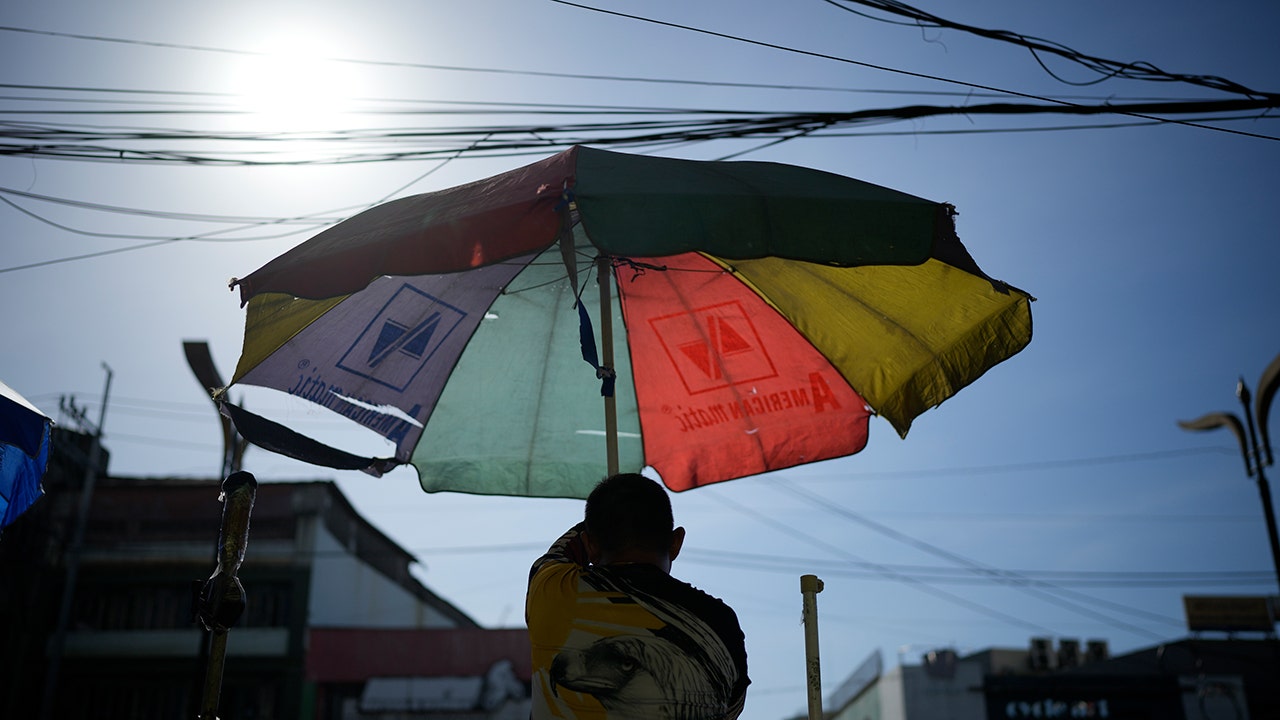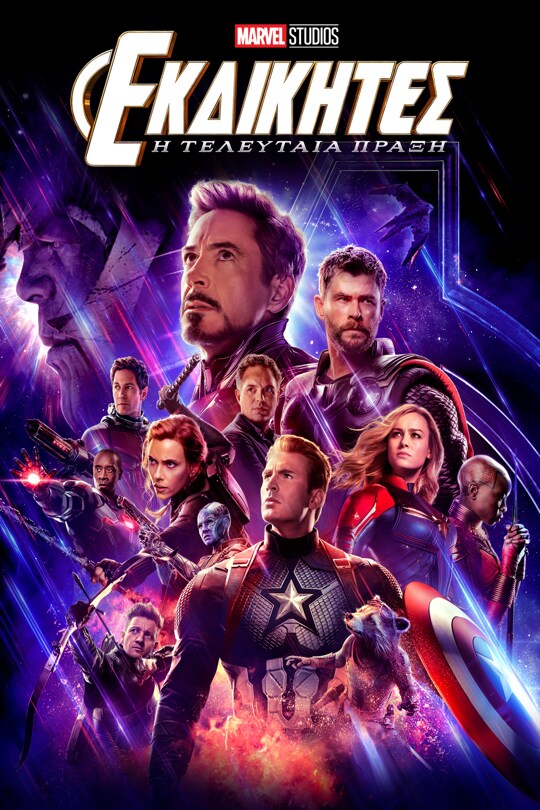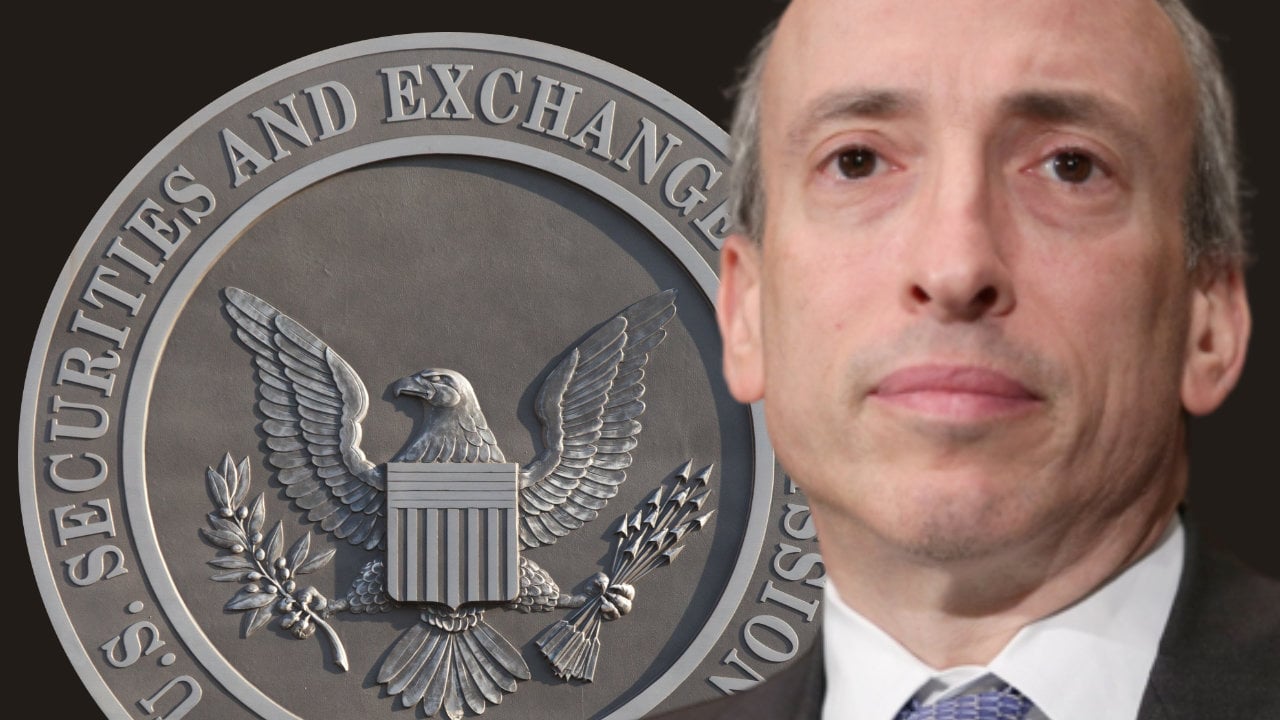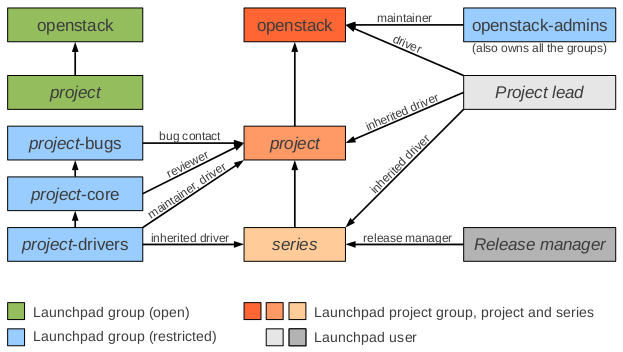Johansson Vs. OpenAI: Actress Speaks Out Against AI Voice Cloning

Table of Contents
The Johansson-OpenAI Dispute: What Happened?
While the specifics of Johansson's dispute with OpenAI remain somewhat shrouded in detail, the core issue revolves around the alleged unauthorized use of her voice through AI voice cloning. Reports suggest rumors circulated of her voice being used in a product or service without her consent or knowledge. OpenAI, a leading artificial intelligence research company, has yet to issue a comprehensive public statement directly addressing these claims.
- Timeline of Events: The exact timeline is unclear, but the controversy emerged recently, sparking public discourse about AI voice cloning and celebrity rights.
- Specifics of the Alleged Unauthorized Use: The nature of the alleged unauthorized use of Johansson's voice remains largely unconfirmed, adding to the mystery surrounding the incident. Speculation ranges from use in advertising to the creation of deepfake audio content.
- OpenAI's Official Statement (if any): As of the writing of this article, OpenAI has not publicly commented on the allegations specifically involving Johansson. This lack of transparency fuels the ongoing debate about the company’s responsibility in regulating the use of its technology.
- Johansson's Public Statements or Actions: Johansson’s public response, though not explicitly naming OpenAI in every statement, strongly implies her disapproval of the unauthorized use of her voice via AI voice cloning. Her actions highlight the growing concern among celebrities about the protection of their intellectual property in the digital age.
The Ethical Implications of AI Voice Cloning
The ethical dilemmas raised by AI voice cloning technology are profound and far-reaching. The ability to replicate someone's voice with incredible accuracy without their consent raises serious ethical concerns.
- Loss of control over one's own likeness and voice: AI voice cloning undermines an individual's fundamental right to control their own image and voice. This loss of control can lead to significant emotional distress and reputational damage.
- Potential for misuse in scams, impersonation, and deepfakes: The technology can be easily misused for malicious purposes, including financial scams, identity theft, and the creation of convincing deepfake audio content. This poses a significant threat to individuals and society as a whole.
- The blurring lines of consent and intellectual property rights: Current legal frameworks struggle to keep pace with the rapid advancements in AI technology, leaving a grey area regarding consent and ownership of one's voice. This ambiguity needs urgent clarification.
- The emotional distress caused by unauthorized voice cloning: Beyond the financial and legal implications, unauthorized voice cloning can cause significant emotional distress. Imagine hearing your own voice used to promote a product you don't endorse or to spread misinformation – the impact is deeply personal and potentially damaging.
Legal Ramifications of AI Voice Cloning Technology
The legal landscape surrounding AI voice cloning is complex and rapidly evolving. While existing copyright laws might offer some protection, they were not designed to address the nuances of synthetic media.
- Existing copyright laws and their applicability: Current copyright laws primarily focus on written and visual works, making their application to AI-generated voice clones challenging.
- The need for updated legislation to address AI voice cloning: New legislation is urgently needed to provide clear guidelines and protections against the unauthorized use of AI voice cloning technology. This legislation must balance innovation with the protection of individual rights.
- Potential lawsuits and legal precedents: The Johansson-OpenAI situation may set a legal precedent, shaping future lawsuits related to AI voice cloning and the rights of individuals.
- The role of technology companies in regulating AI voice cloning: Technology companies like OpenAI have a significant role to play in regulating the use of their technology, ensuring it is not misused for unethical or illegal purposes.
Protecting Celebrity Voices: What Can Be Done?
Addressing the challenges posed by AI voice cloning requires a multi-pronged approach.
- Stronger copyright and intellectual property protections: Legislation should be updated to explicitly address the unauthorized use of AI-generated voice clones, granting individuals stronger control over their digital likenesses.
- Development of voice recognition and authentication technologies: Technological solutions, such as advanced voice authentication systems, can help verify the authenticity of voices and prevent unauthorized use.
- Industry self-regulation and ethical guidelines for AI voice cloning: The technology industry must establish clear ethical guidelines and self-regulatory mechanisms to prevent the misuse of AI voice cloning technology.
- Increased public awareness of the risks and implications: Educating the public about the risks associated with AI voice cloning is crucial to fostering responsible development and use of the technology.
Conclusion
The Johansson vs. OpenAI case underscores the critical need for addressing the ethical and legal challenges posed by AI voice cloning technology. Scarlett Johansson’s bold stance highlights the vulnerability of celebrities and the broader public to the misuse of this powerful technology. The lack of clear legal frameworks and the potential for widespread harm necessitate urgent action. We need stronger regulations, technological safeguards, and increased public awareness to prevent the abuse of AI voice cloning and protect individuals' rights.
What are your thoughts on the Johansson vs. OpenAI case? Share your opinions on AI voice cloning and the need for better regulations in the comments below! #AIvoicecloning #Johansson #OpenAI

Featured Posts
-
 Heat Wave Forces School Closures Across Half Of Philippine Capital
May 13, 2025
Heat Wave Forces School Closures Across Half Of Philippine Capital
May 13, 2025 -
 New Format For Nhl Draft Lottery Live Studio Event
May 13, 2025
New Format For Nhl Draft Lottery Live Studio Event
May 13, 2025 -
 Skarlet Gioxanson I Teleytaia Emfanisi Os Black Widow
May 13, 2025
Skarlet Gioxanson I Teleytaia Emfanisi Os Black Widow
May 13, 2025 -
 Sec Crypto Broker Rules Chairman Atkins Hints At Significant Revisions
May 13, 2025
Sec Crypto Broker Rules Chairman Atkins Hints At Significant Revisions
May 13, 2025 -
 Commodities Teams Focusing Core Groups And Walleye Cuts To Credit
May 13, 2025
Commodities Teams Focusing Core Groups And Walleye Cuts To Credit
May 13, 2025
